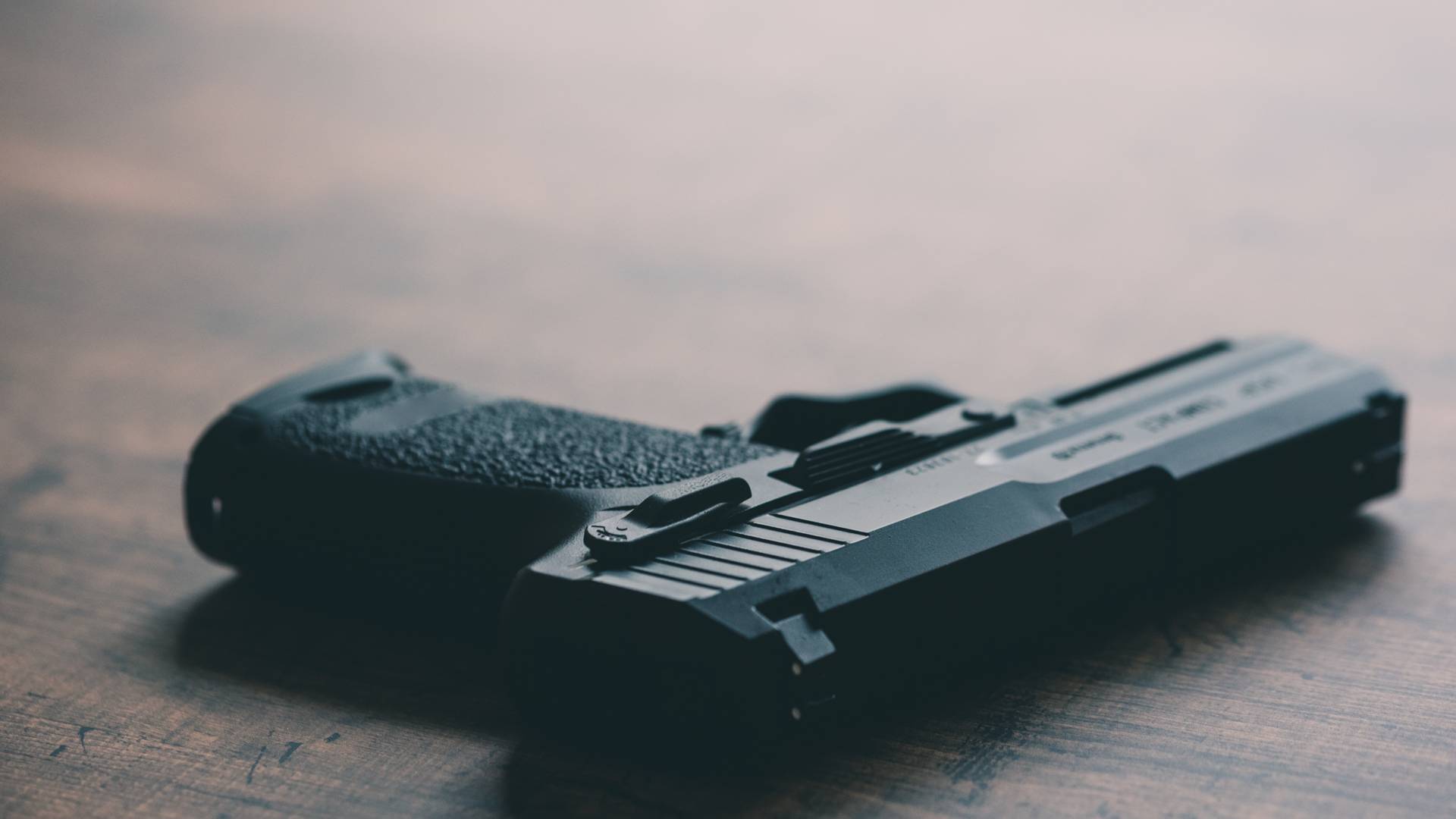Police protect us, and they are indispensable to our communities. But it is also possible to get on their bad side - incarcerated or even dead. The American Civil Liberties Union has posted a website advising young people on the do's and don'ts of dealing with law enforcement.
1. Assert your rights. That's what rights are for. But do so with respect. Antagonizing police officers seldom ends well.
2. Don't forget they are sworn to uphold the law. Maybe your school has a police officer on site - called a school resource officer or school safety officer. If you tell the police about something illegal, they will not be neutral about it. You could end up arrested.
3. Police are not supposed to abuse you. If police harass or bully of make fun of your race or sexual orientation, they are in the wrong.
- Police may only use reasonable force. They should never cause you to be injured.
- It's OK to photograph or video a police interaction. Just don't interfere with police, or you are no longer an observer. Police must get a warrant to examine your cell phone, unless you consent.
- Search must be reasonable. They can't make you empty your pockets if a computer has been stolen - computers don't fit in pockets.
- You have the right to remain silent. Your words can and will be used against you. All you have to say is, "I want to remain silent." Likewise, you have the right to decline to sign a statement.
- You have the right to request an attorney, or your mom or dad to be present when you are questioned.
- Don't freak out. Don't argue, resist, or interfere - even if you are sure you are right and they are wrong.
- Remember: The police can only arrest you if they KNOW (not guess) that you probably committed a crime.
If you feel your rights have been violated, contact an attorney experienced in defending young people's lawful rights.
